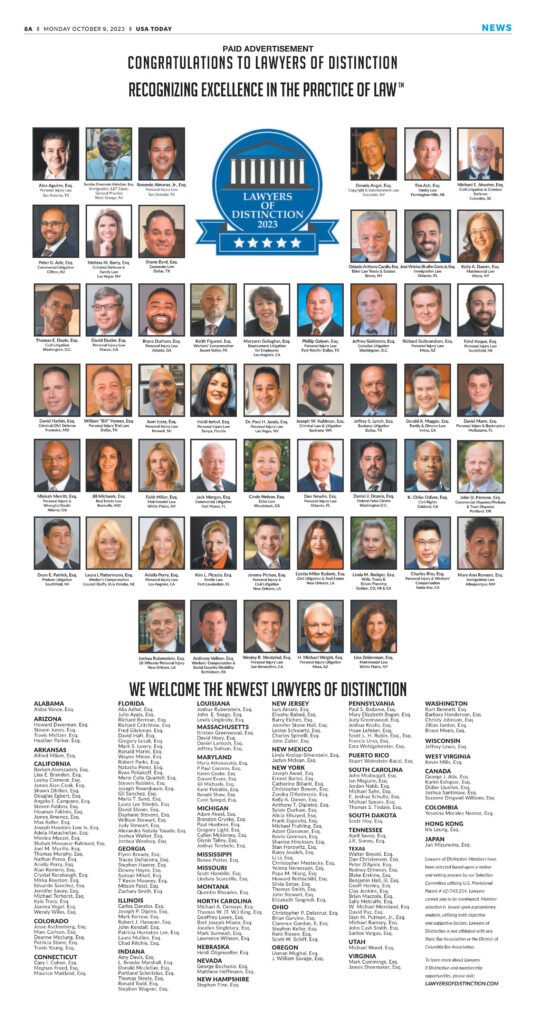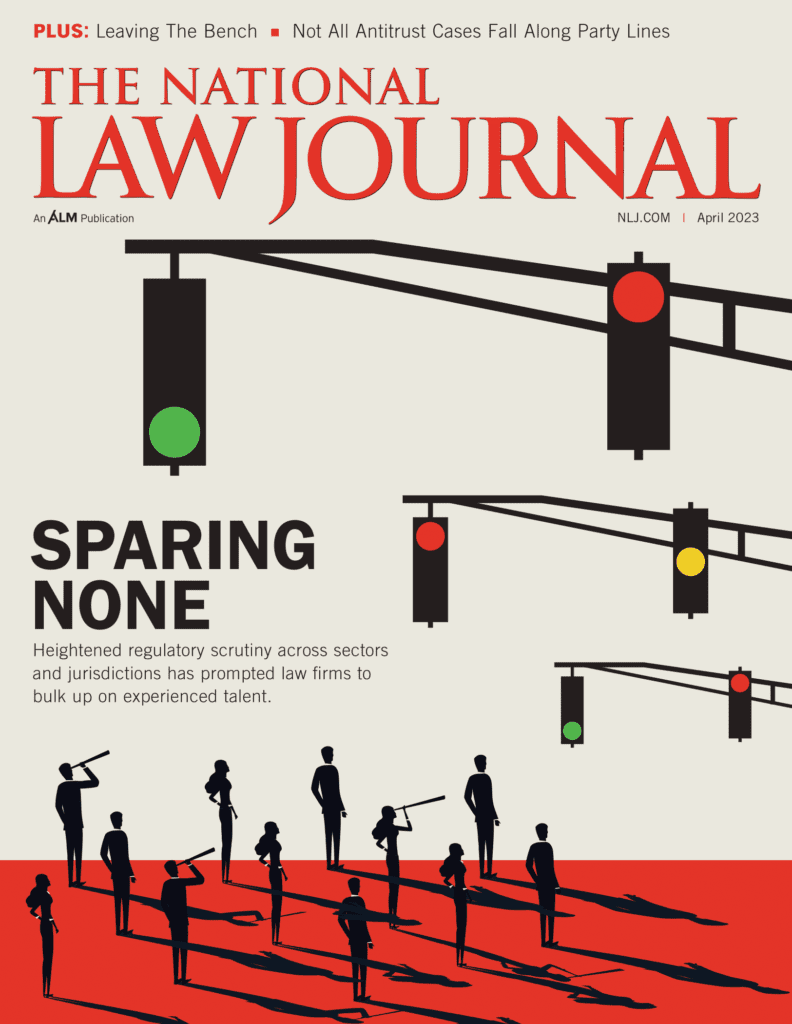On Tuesday, February 6, 2018 Airlines for America filed suit on behalf of more than four different major airlines against the state of Washington over the states new paid sick leave laws. The airlines include: Alaska Airlines, Southwest Airlines, Jet Blue Airlines, and United Airlines. The suit was filed in the U.S. District Court for the Western District of Washington. In addition to Washington, the airlines allege that at least six other states: Arizona, California, Connecticut, Massachusetts, Oregon, and Vermont and over thirty cities in the United States have similar paid sick leave laws.
Airlines for America alleges that these airlines can not fully function and operate at their maximum efficiency nationwide if flight crews are subject to different paid sick leave and other labor laws in every state. Since most of these flight crews are based in one state, live in another state, and pass through more states while flying, deciding which paid sick leave laws to follow becomes challenging. These airlines want to know how compensation, reporting, accrual and leave requirements can be successfully monitored with different laws in all of these different states. In the complaint, Airlines of America seeks a ruling that the federal regulation of air travel and interstate commerce preempt and preclude any state laws on this topic. Airlines of America argues that by restricting when employers can demand medical documentation for sick leave, the law will make it virtually impossible to crack down on employees abusing this policy. They argue that this will result in more flight attendants and pilots calling in sick, which will cause more flights to be cancelled and delayed.
The lawsuit comes as a result of voters approving Washington’s Paid Sick Leave Act in 2016 (which officially took effect this year). The law requires employers to provide at least one hour of paid sick leave for every forty hours worked. Washington’s Department of Labor, one of the named defendants in the lawsuit, argues that this is a law that was voted by the people, and the department has spent over a year implementing rules to regulate the new law. This will be interesting to see how the case further develops.




